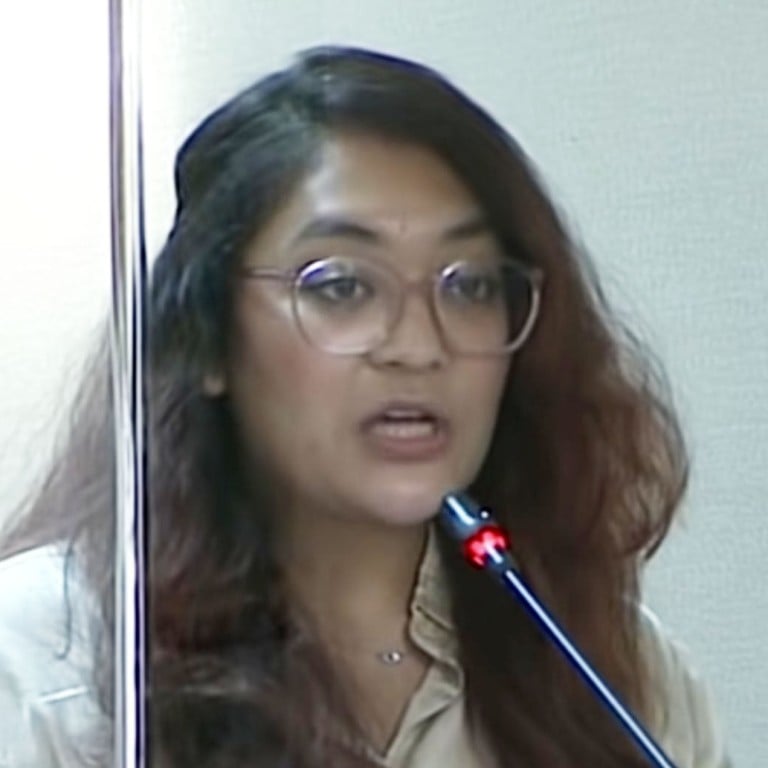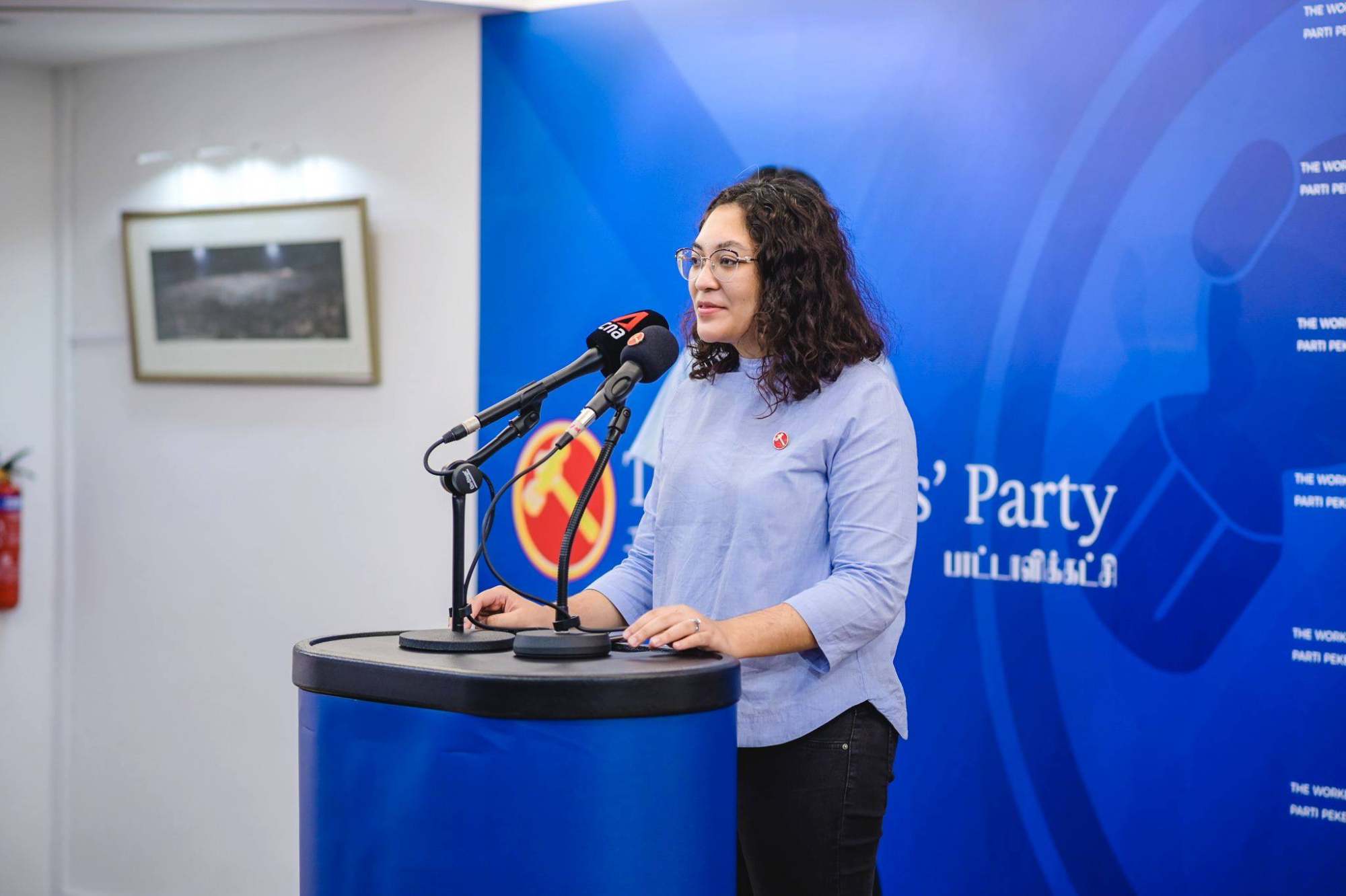
Raeesah Khan, darling of Singapore millennials, resigns as opposition MP after lying in parliament
- Khan had earlier admitted to lying in parliament when she took the police to task over a rape investigation
- The 28-year-old lawmaker’s resignation is a setback for the main opposition Workers’ Party after its breakthrough result in last year’s general election
Observers had earlier said Raeesah Khan’s resignation would prove to be a major test for the Workers’ Party, to which she belonged. The party said in a statement that she had resigned from the party, which under the law meant she automatically vacated her seat as an MP in the 104-seat legislature.
Khan stunned citizens – used to a more staid politics – when on November 1 she admitted to misleading the legislature. Subsequently, she was referred to the parliamentary committee for breach of parliamentary privilege.
“With a heavy heart, I write to resign as Member of Parliament for Sengkang GRC,” Khan, who was the youngest MP in the 104-seat legislature, said in a letter to the Speaker of Parliament Tan Chuan-Jin that she posted on Facebook on Tuesday evening. “I wish to reiterate my apology to the house, to the people of Sengkang and my volunteers,” she said in the letter.
The saga centres around comments Khan made in an August debate on empowering women.
She said she had accompanied a 25-year-old rape survivor to a police station three years ago, and the woman “came out crying” after the police officer handling her complaint allegedly commented on her attire and alcohol consumption.
On November 1, however, in a stunning turn of events, Khan admitted she had lied, saying she had not accompanied the victim to the police station.
Instead, she had taken the anecdote from a women’s support group she attended, and did not have the victim’s consent to share this account publicly.
Beheaded, groped, beaten: violence against Asian women at alarming levels
Khan said she herself had been sexually assaulted at the age of 18 while studying overseas, which is why she had attended the group session.
She suggested that this experience influenced the way she narrated the anecdote, saying in a tearful speech that she did not have the courage to report her own assault.
Her admission followed calls in October by the law and home affairs minister K. Shanmugam for more details on the episode so that authorities could investigate the matter.
Then, Khan repeated that the incident happened but refused to divulge further information, saying she did not want to further traumatise the victim.
The Workers’ Party in a separate statement issued late on Tuesday said Khan had told party chief Pritam Singh of her intention to resign ahead of a disciplinary committee meeting in the evening on the matter.
The party said it would hold a press conference on Thursday to discuss its plans for the Sengkang group representation constituency (GRC), the four-seat ward that Khan belonged to.
In the general election last year, the Workers’ Party wrested Sengkang GRC from the long-ruling People’s Action Party (PAP) and retained the five-seat ward of Aljunied GRC and the single seat ward of Hougang where it was incumbent.
That showing was the best performance by the opposition since the 1960s.
Singapore’s Lee says party needs ‘a little longer’ to pick his successor
The PAP, led by Prime Minister Lee Hsien Loong, has governed the country without interruption since 1959, and has had a legislative supermajority since 1968.
She courted controversy during last year’s elections campaign when she was forced to apologise for old social media posts alleging that people from minority groups faced mistreatment.
Police opened investigations into the matter and Khan was later issued a stern warning over the posts. Unperturbed, supporters used the hashtag #westandwithraeesah to indicate their backing for her.

Despite Khan’s resignation, it is not a certainty that a by-election will be held in Sengkang.
Under the country’s unique GRC system – meant to ensure proportional parliamentary representation of minorities – voters in group wards select a slate of candidates from a political party rather than any single candidate.
The country’s highest court, the Court of Appeal, in 2019 ruled that there was “no duty to call a by-election when a single vacancy arises in a GRC”.
That verdict followed a legal challenge that was filed after the country’s current president Halimah Yacob vacated her position as a PAP MP in a GRC to run for the presidency.

